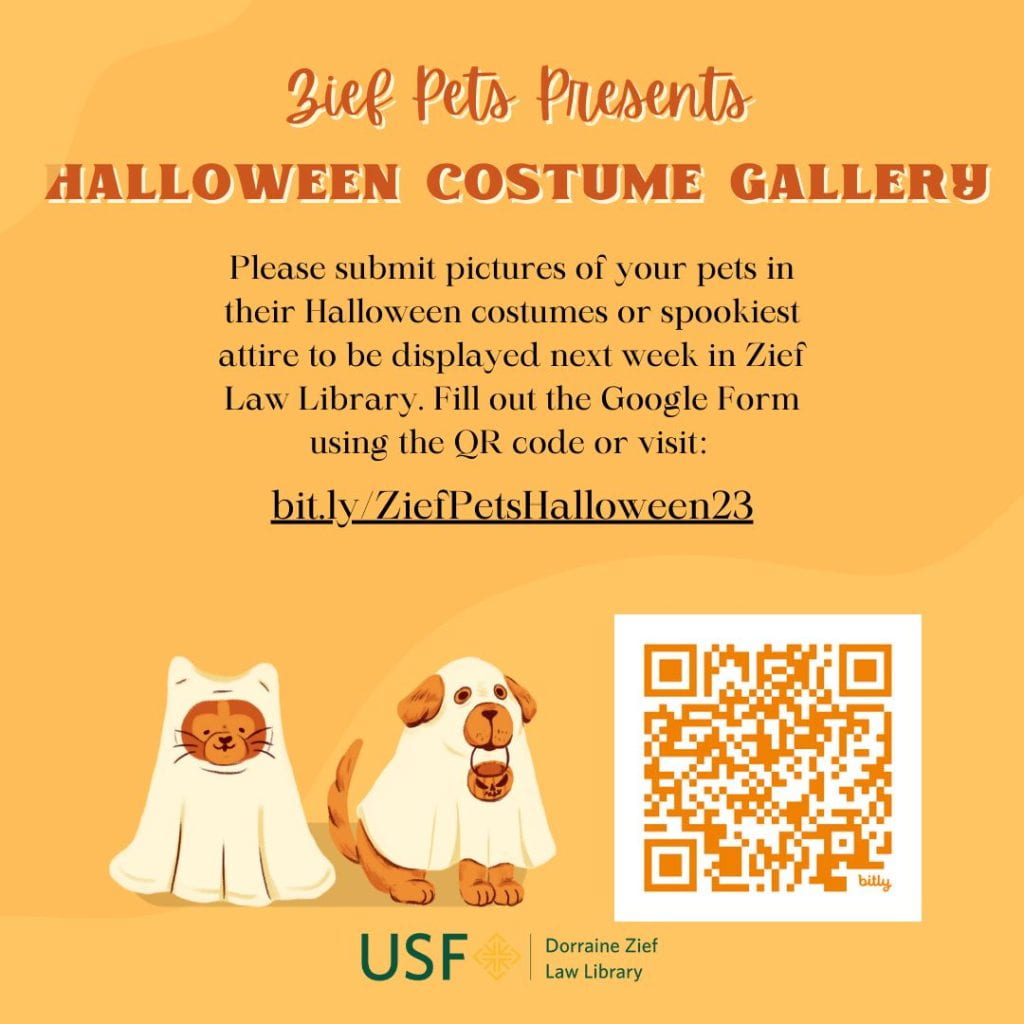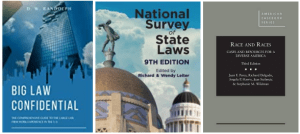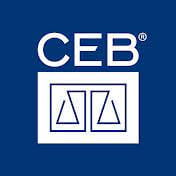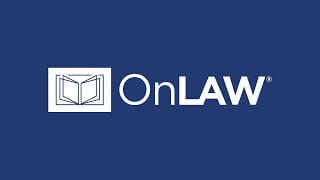Many law students think of the Restatements of the Law as nothing more than the brief excerpts included in their case books. This week, in his special column, “Research Tips from an Old School Librarian,” research librarian John Shafer will show you why you may want to dig deeper into the Restatements.
What are the Restatements?
The Restatements of Law, published by the American Law Institute (ALI), are a valuable resource for law students, legal professionals, and scholars alike. These authoritative and influential legal treatises aim to clarify, simplify, and modernize various areas of common law in the United States.
By distilling and restating the general principles and rules derived from case law, statutes, and legal scholarship, the Restatements provide a clear and comprehensive summary of the current state of the law. They serve as a reference for judges, lawyers, scholars, and legislators, guiding courts in areas where the law may be ambiguous or inconsistent. Although not legally binding, the Restatements often act as persuasive authority in judicial decision-making, shaping the development and evolution of the law.
The Restatements, along with their accompanying examples, illustrations, and annotations, are invaluable tools for law professors and students. Professors often draw from the examples and illustrations to create the hypotheticals they use in lectures and examinations, designing engaging and challenging problems that test students’ comprehension of legal concepts and principles. You, as a student, on the other hand, can employ these examples and illustrations to prepare for exams, enhance readiness for being called on in class, and deepen your understanding of the Restatements.
The annotations that accompany the Restatements are also helpful for locating case law that cites specific Restatement sections. By examining these annotations, you can identify relevant legal authority to support your arguments and enrich your research, as well as observe the practical impacts the Restatements have on the development and evolution of the law.
Accessing the Restatements:
In Print: The Zief Law Library has a fairly complete collection of the Restatements in print. They are located behind the Circulation and Reserve Desk and can be checked out for use in the library. The Ignacio library catalog shows a list of our current Restatement holdings:
Online: The full text of the Restatements is not freely available on the internet due to copyright restrictions. However, you can access the complete Restatements through legal research platforms, such as Westlaw, LexisNexis, HeinOnline, and Bloomberg Law (BL has a subset of all the Restatements available). Links to each of those services appear below — you will need to use your personal academic password or identify yourself as a USF Law student in order to use them:
In conclusion, the Restatements of Law are a valuable resource for law students seeking to strengthen their understanding of common law principles. By examining the Restatements and their accompanying examples, illustrations, and annotations, you can develop problem-solving skills, boost your confidence in class, excel in exams, and better prepare for your future legal career.










